Your cart is currently empty!
Drones, weapons and drugs are the least worry inside prisons
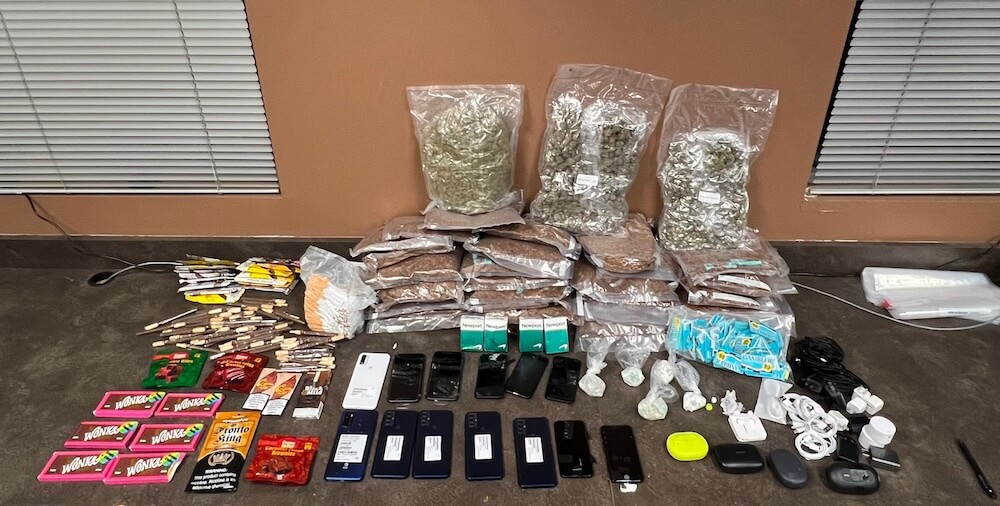
Hawks have been known to viciously take down the largest of consumer drones in mid-flight. Perhaps this fact played a role into the naming of Georgia’s largest prison and gang-related contraband seizure called Operation Skyhawk. This historic, sweeping 16 month long investigation by Georgia state correctional officials has led to 150 arrests and seizure of over $7 million in illegal drugs alone. But peeling back the details of this operation reveals that drugs are jus the tip of this corrections iceberg.
While details are still emerging from this massive sting operation, we do have some information included in a press release coming out of GA Gov. Brian Kemp’s office. In addition to the $7 million in illegal drugs seized, authorities also confiscated all of the following:
- Drones – 87
- Weapons – 22
- Contraband cell phones in facilities – 273
- Civilian cell phones – 180
- Tobacco – 185 pounds
- Marijuana – 67 pounds
- Methamphetamine – 12 pounds
- Ecstasy – 51 pounds
- Cocaine – 10 grams
- Various pills – 90
So far, public arrests made for drone repair shop employees that have allegedly conspired with the gangs have made all the headlines but the real story can be found in this breakdown of contraband seizure. Among the many forms of illicit drugs and weapons are cellphones, 273 phones to be exact. This might not seem more dangerous than a gun in the hands of a prison gang member behind bars, but cell phones pose an indirect threat to the safety of everyone in prison. Remember, without cell phones, most of these drugs and weapons would not even be smuggled into prisons. Communications are the lifeblood of any organized criminal gang. And cell phones allow unfettered communication to and from prisons to make death threats, drug deals, weapons purchases and prison break plans.
“In the hands of an inmate, cell phone is a weapon”
Ajit Pai, former FCC Commissioner
Former FCC Commissioner, Ajit Pai, states the case about as clear as can be stated in this Department of Justice paper on corrections and contraband. He states “In the hands of an inmate, cell phone is a weapon,” Letters and land line calls from inside the prison are screened or recorded for any illegal substances or messages so there remains little doubt as to source of dangerous communications. Of course not all prisoners use cell phones to conspire and commit crimes. Some inmates use phones for social media and contact with loved ones to escape their monotonous lives. But phones are just another commodity in prisons much like cigarettes, food or drug. All it takes is just one prisoner to use a single phone to place a hit on a judge, plan an escape with help from the outside or order a drone delivery over the prison walls full of drugs, guns or more phones. It doesn’t take a special correctional investigator to see the source of most contraband problems behind prison walls these days.
According to the press release, there are over 1,000 criminal charges planned making it possibly be the largest gang RICO in the state’s history. And of the 150 arrests, 8 are GDC (Georgia Department of Corrections) employees making this a thoroughly corrupt criminal enterprise.
Drones are another large aspect of these charges and arrests. The ability to deliver dangerous contraband over a prison wall and into a yard or open area cannot be oversold. Fortunately, drone detection solutions have begun to emerge. Additionally, correctional officers have also been increasingly armed with cell phone detection solutions designed specifically for prisons. These solutions include portable cellular detectors, walkthrough portals and ferrous detecting wands. So long as local, state and federal correctional budgets continue to fund these high-tech solutions, there is a fighting chance to keep contraband out of prisons.
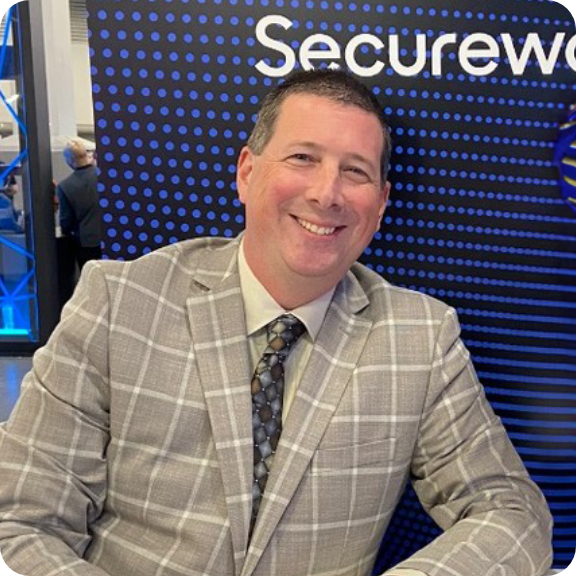
Scott Schober
CEO | Author | Speaker at Berkeley Varitronics Systems
Scott Schober presents at cybersecurity and wireless security conferences for banking, insurance, transportation, construction, telecommunications and law enforcement industries. He has overseen the development of dozens of wireless test, security, safety and cybersecurity products used to enforce a “no cell phone policy” in correctional, law enforcement, and secured government facilities. Scott regularly appears on network news programs including Fox, Bloomberg, Good Morning America, CNN, MSNBC, NPR and many more. He is the author of 'Senior Cyber', 'Cybersecurity is Everybody's Business' and 'Hacked Again', the “original hacker’s dictionary for small business owners” - Forbes Magazine.
Our Newsletter
Lorem ipsum dolor sit amet, consectetur adipiscing elit. Aliquam mattis ligula vitae leo scelerisque, sit amet feugiat ex venenatis.
"*" indicates required fields
Latest Posts
Our Best Sellers
How can we help?
Lorem ipsum dolor sit amet, consectetur adipiscing elit. Nunc dictum aliquet justo sit amet consectetur. In tempor lobortis ante vitae ornare. Praesent feugiat magna at tempor consequat. Aenean in iaculis libero, aliquam imperdiet mi.


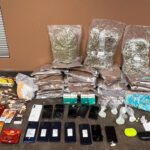
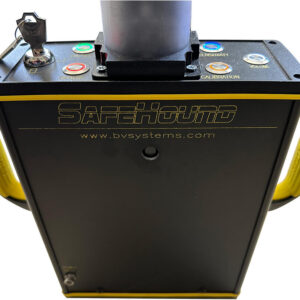


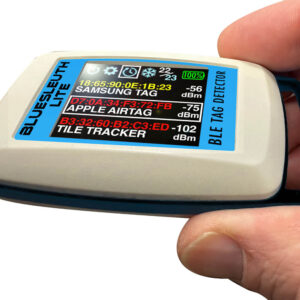


Leave a Reply